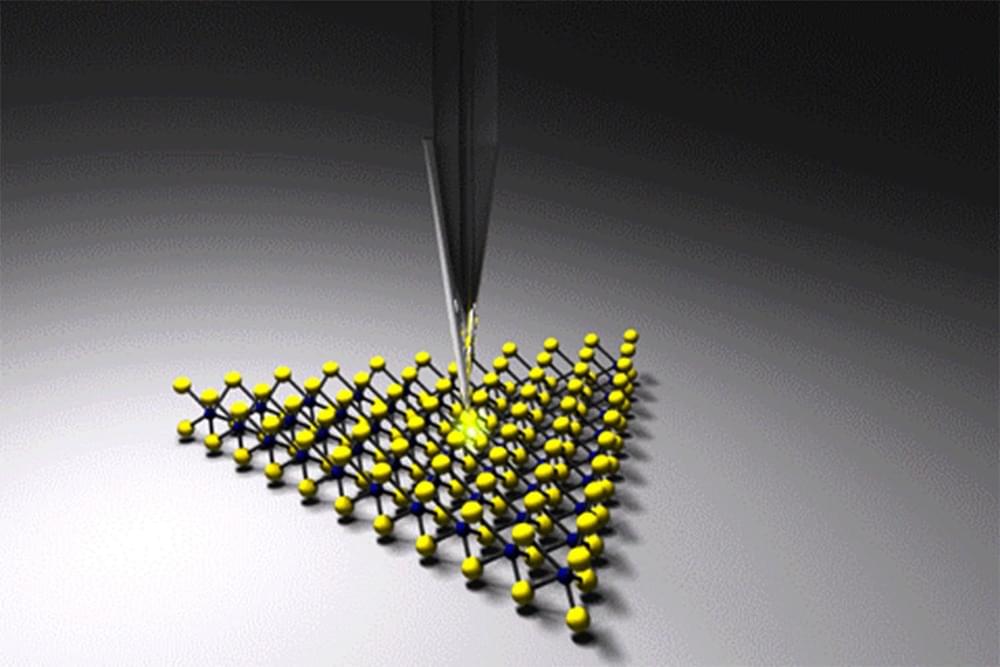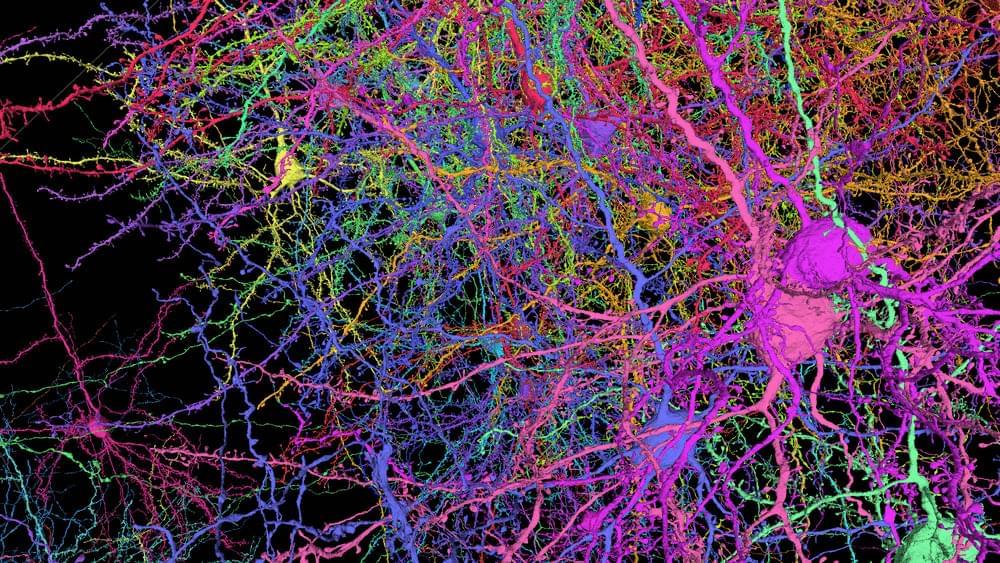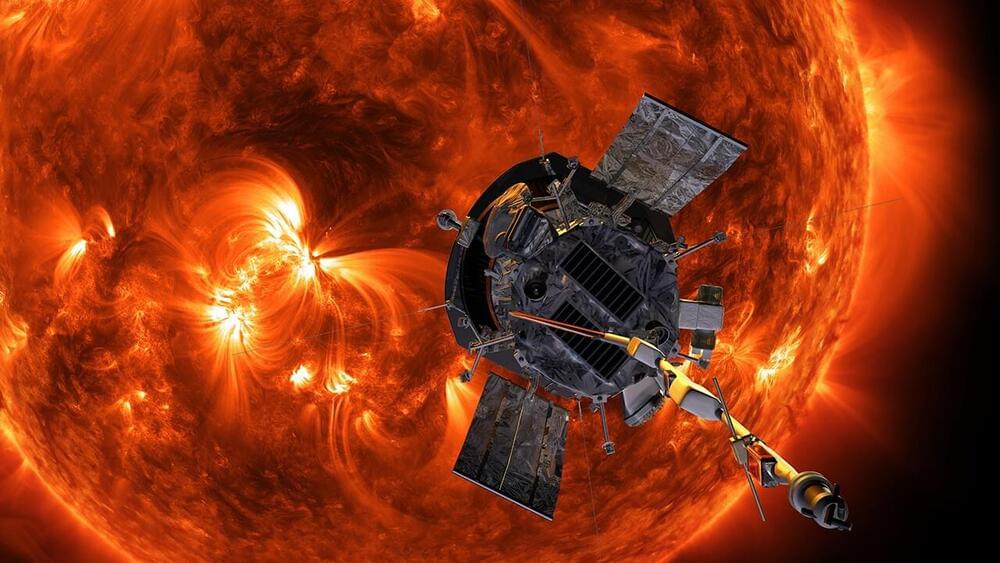Urban Aeronautics, the Israel-based aerospace company behind the world’s first compact, wingless electric vertical takeoff, and landing (eVTOL) vehicle, is getting closer to turning its groundbreaking concept into reality. The company said it has raised the first $10 million of a $100 million funding round this week towards CityHawk from private investors in the US, Brazil, and Israel.
According to the company, the car-sized, six-seater CityHawk has more in common with birds than with nearly every other eVTOL prototype in existence. With a distinct, wingless exterior and patented fully-enclosed Fancraft rotor system, the CityHawk is mainly designed for commercial air charters and emergency medical services (EMS). It will be fueled by hydrogen, the most sustainable technology in development today. This means it must be able to conduct multiple trips within a city per day with zero emissions and minimal noise.
An innovative Fancraft technology is based on dual enclosed, ducted rotors with a variable pitch for thrust control, which enable uncompromised stability even in strong winds and turbulence during takeoff, hovering, and landing. The enclosed structure also results in minimal noise, both inside the cabin and outside.



 Several different mouse neurons virtually reconstructed in 3D show the complexity of tracing the shapes and branching axons and dendrites within a small piece of the brain.
Several different mouse neurons virtually reconstructed in 3D show the complexity of tracing the shapes and branching axons and dendrites within a small piece of the brain.


